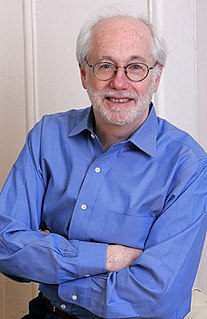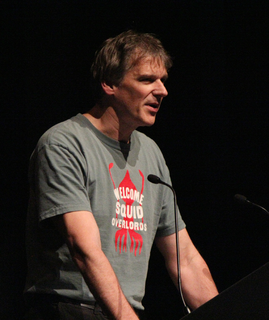A Quote by Peter Birks
Loyalty cannot be too liberally insisted upon. Altruism in nature remains an exception. It poses a puzzle, being in prima facie conflict with the survival of the fittest and most selfish.
Related Quotes
According to the law of nature, wherever there is an awakening of a new and stronger life, there it tries to conquer and take the place of the old and the decaying. Nature favours the dying out of the unfit and the survival of the fittest. The final result of such conflict between the priestly and the other classes has been mentioned already.
If the tradition which claims that war may be justified does not also admit that it could be unjustified, the affirmation is not morally serious. A Christian who prepares the case for a justified war without being equally prepared for hte negative case has not soberly weighted the prima facie presumption that any violence is wrong until the case for an exception has been made.
The law is the survival of the fittest.... The law is not the survival of the 'better' or the 'stronger,' if we give to those words any thing like their ordinary meanings. It is the survival of those which are constitutionally fittest to thrive under the conditions in which they are placed; and very often that which, humanly speaking, is inferiority, causes the survival.































